Deal struck to defuse tension in north Kosovo
An agreement has been reached today in Kosovo for the Rosu unit of the Kosovo police, KPS, to leave northern Kosovo and return to Priština on Wednesday morning.
Tuesday, 26.07.2011.
22:58

An agreement has been reached today in Kosovo for the Rosu unit of the Kosovo police, KPS, to leave northern Kosovo and return to Pristina on Wednesday morning. At the same time, local Serbs will remove road blocks set up last night and during the day on Tuesday in order to prevent the KPS members from reaching administrative line crossings at Jarinje and Brnjak. Deal struck to defuse tension in north Kosovo This was confirmed by Belgrade team leader in the Kosovo talks Borislav Stefanovic, who spent last night and today in the north of the province. Stefanovic made the statement late on Tuesday at Jarinje, and said the deal was reached with KFOR commander Erhard Buehler. Stefanovic also told journalists that it was agreed for Serb members of the KPS to return to Jarinje and Brnjak - as was the case before the crisis broke out late on Monday. "A difficult night is ahead, during which someone might try to have the Rosu unit move toward the north again," he warned, and called on Serbs gathered at Jarinje to stay vigilant and keep watch in order to prevent such an outcome. Serbs in the town of Leposavic decided to spend the night on the barricades. The situation tonight is described as peaceful, but throughout Tuesday tension was running high, escalating at one point into shooting incidents in a day filled with conflicting news and sometimes misinformation coming from Kosovo. A Rosu member who was wounded near Brnjak in the afternoon has since died in the hospital in Pristina, said reports. Previously this evening in Pristina, Kosovo Albanian PM Hashim Thaci called an urgent news conference to say that when his government attempted to take over the checkpoints, its only goal was to "establish law and order in the whole territory of our country." He told Serbs in the north that the activities of last night and today "were not aimed against them, but in the interest of security". "We cannot be indefinitely indifferent to having a part of our territory as a black hole. We cannot forever allow endangering of our sovereignty," said Thaci. He added that Pristina "tried to find many practical solutions in the dialogue with Serbia", but that it was not willing to give the right of veto when it came to establishment of law and order in "the republic of Kosovo". After Thaci finished addressing journalists, they were not allowed to ask any further questions. Kosovo's ethnic Albanians unilaterally declared independence in February 2008, but Serbia rejected it as an illegal act of secession. The first direct talks between the two sides started in March under EU sponsorship in what is known as the Kosovo dialogue. But the situation recently deteriorated when the authorities in Pristina decided to ban entrance of goods produced in Serbia, citing Belgrade's refusal to accept the customs stamp with "state symbols of Kosovo". Serbia accepts the Kosovo/UNMIK stamps, which is the format under which the territory joined the regional free trade agreement, CEFTA. Pristina's attempt at taking over the two administrative line checkpoints in the Serb-dominated north was explained with the need to enforce the trade embargo decision. Serbs north of the Ibar River form a majority, and refuse to accept the authority of the government in Pristina. Jarinje on Tuesday (Tanjug)
Deal struck to defuse tension in north Kosovo
This was confirmed by Belgrade team leader in the Kosovo talks Borislav Stefanović, who spent last night and today in the north of the province.Stefanović made the statement late on Tuesday at Jarinje, and said the deal was reached with KFOR commander Erhard Buehler.
Stefanović also told journalists that it was agreed for Serb members of the KPS to return to Jarinje and Brnjak - as was the case before the crisis broke out late on Monday.
"A difficult night is ahead, during which someone might try to have the Rosu unit move toward the north again," he warned, and called on Serbs gathered at Jarinje to stay vigilant and keep watch in order to prevent such an outcome.
Serbs in the town of Leposavić decided to spend the night on the barricades.
The situation tonight is described as peaceful, but throughout Tuesday tension was running high, escalating at one point into shooting incidents in a day filled with conflicting news and sometimes misinformation coming from Kosovo.
A Rosu member who was wounded near Brnjak in the afternoon has since died in the hospital in Priština, said reports.
Previously this evening in Priština, Kosovo Albanian PM Hashim Thaci called an urgent news conference to say that when his government attempted to take over the checkpoints, its only goal was to "establish law and order in the whole territory of our country."
He told Serbs in the north that the activities of last night and today "were not aimed against them, but in the interest of security".
"We cannot be indefinitely indifferent to having a part of our territory as a black hole. We cannot forever allow endangering of our sovereignty," said Thaci.
He added that Priština "tried to find many practical solutions in the dialogue with Serbia", but that it was not willing to give the right of veto when it came to establishment of law and order in "the republic of Kosovo".
After Thaci finished addressing journalists, they were not allowed to ask any further questions.
Kosovo's ethnic Albanians unilaterally declared independence in February 2008, but Serbia rejected it as an illegal act of secession.
The first direct talks between the two sides started in March under EU sponsorship in what is known as the Kosovo dialogue.
But the situation recently deteriorated when the authorities in Priština decided to ban entrance of goods produced in Serbia, citing Belgrade's refusal to accept the customs stamp with "state symbols of Kosovo".
Serbia accepts the Kosovo/UNMIK stamps, which is the format under which the territory joined the regional free trade agreement, CEFTA.
Priština's attempt at taking over the two administrative line checkpoints in the Serb-dominated north was explained with the need to enforce the trade embargo decision.
Serbs north of the Ibar River form a majority, and refuse to accept the authority of the government in Priština.






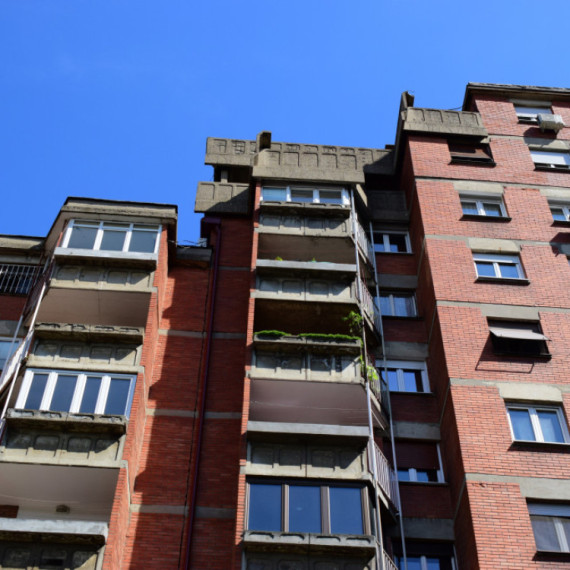





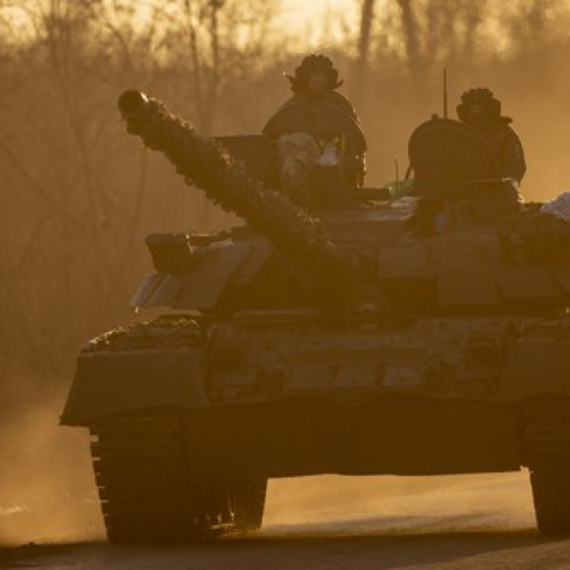
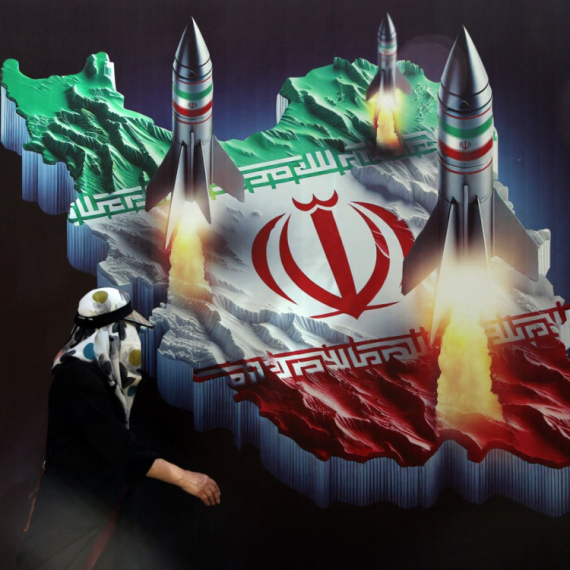
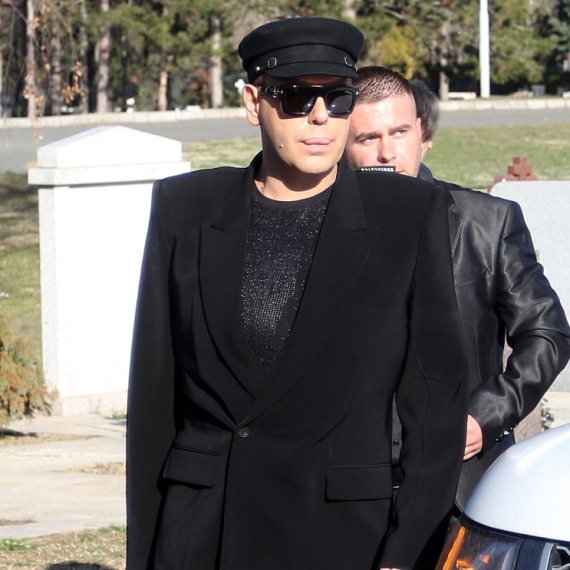
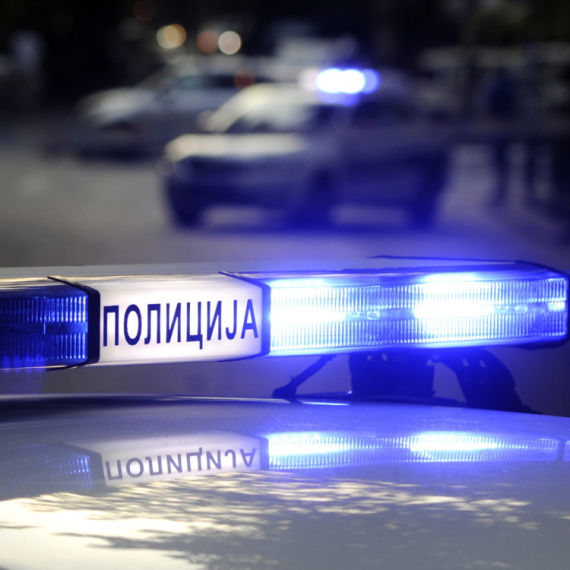

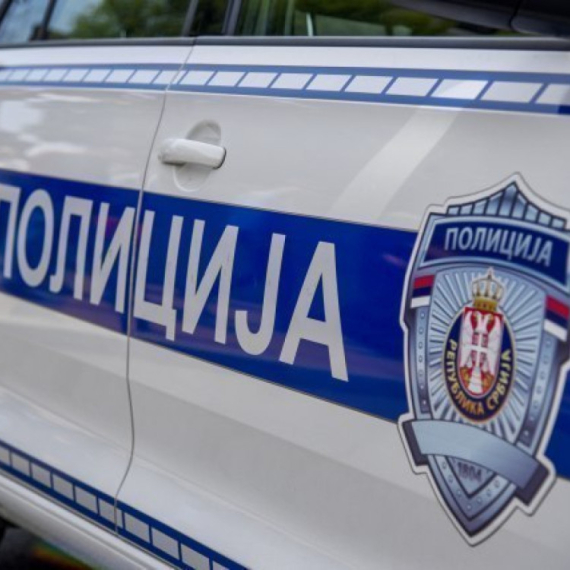

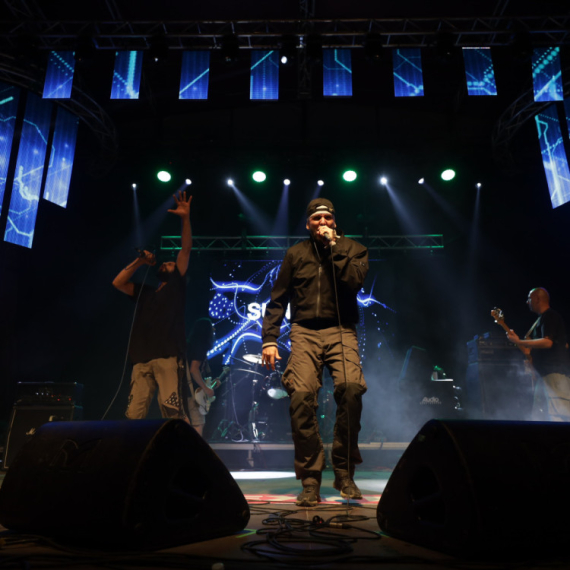

































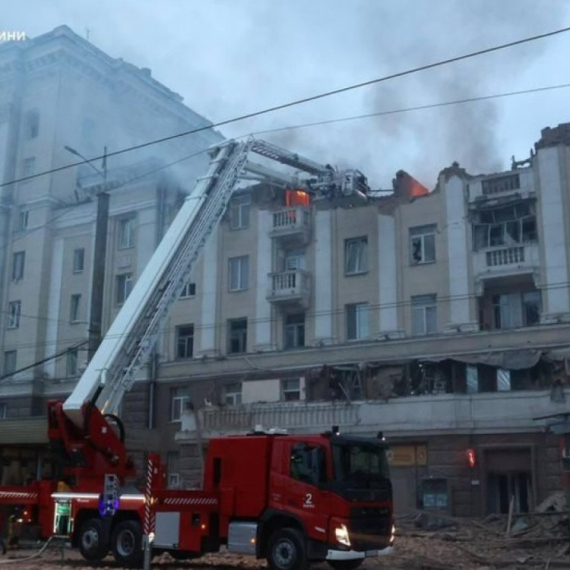
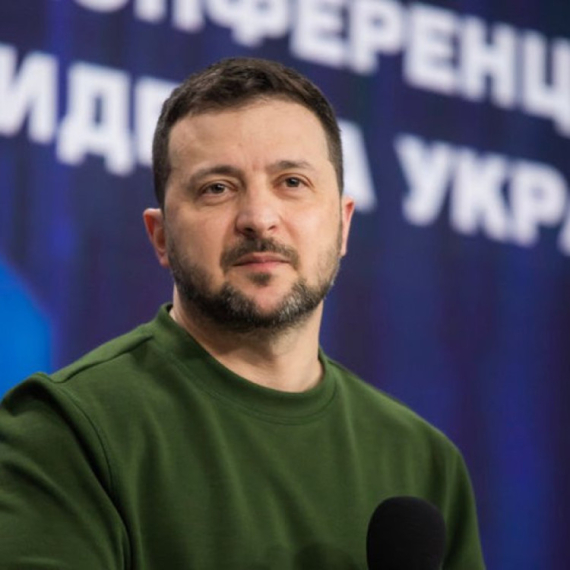
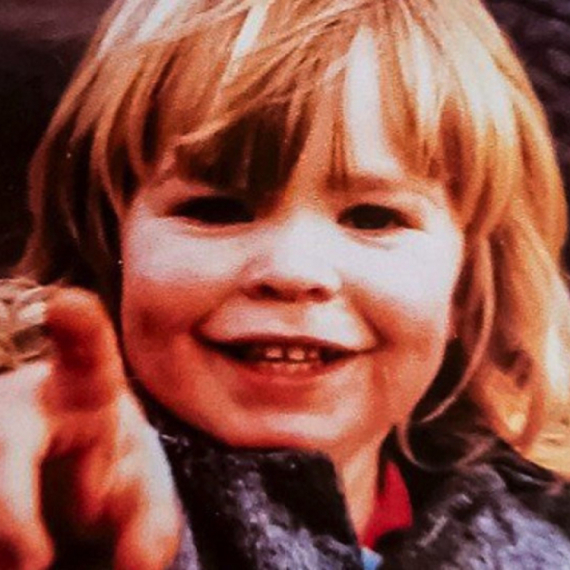

Komentari 27
Pogledaj komentare